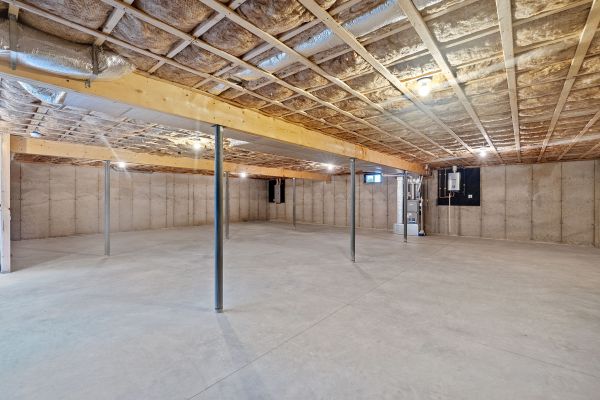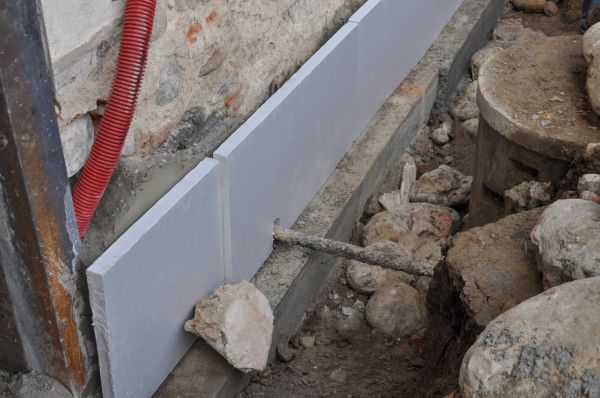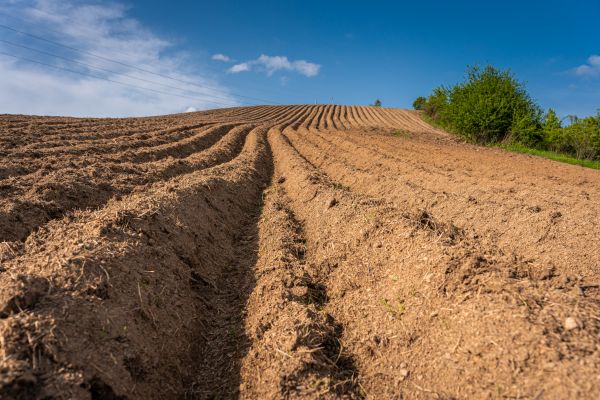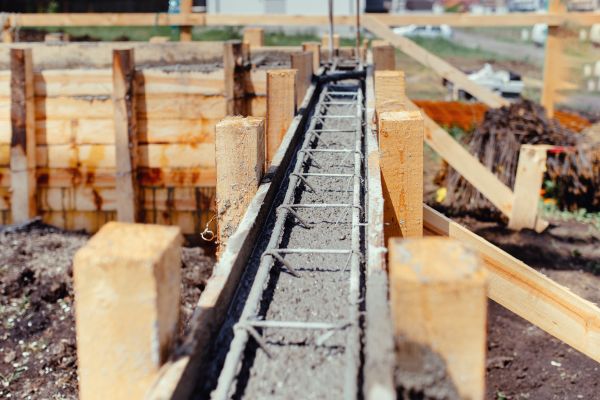Foundation Piling Service
Affordable Foundation Piling
Foundation piling is a critical process in construction that involves driving or drilling piles into the ground to provide strong support for structures. This method is essential for ensuring that buildings, bridges, and other constructions have a solid foundation, particularly in areas with unstable soil conditions. By transferring the load of the structure deep into the ground, foundation piling helps prevent settlement and provides stability, which is crucial for the longevity and safety of any construction project.
Benefits of Foundation Piling
-
Enhanced Stability
Foundation piling significantly enhances the stability of structures by reaching deeper, more stable soil layers or bedrock. This ensures that the building remains secure even in challenging soil conditions, reducing the risk of uneven settling and structural damage.
-
Increased Load-Bearing Capacity
By distributing the weight of the structure more effectively, foundation piling increases the load-bearing capacity of the ground. This is particularly important for large buildings and infrastructure projects that require robust support to handle heavy loads.
-
Versatility in Different Soil Conditions
Foundation piling is adaptable to a wide range of soil types, including those that are soft, loose, or waterlogged. This versatility makes it an ideal choice for construction projects in diverse geographical areas, ensuring that the foundation remains strong regardless of the underlying soil conditions.
-
Durability and Longevity
Piles are typically made from materials such as steel, concrete, or timber, which are designed to withstand environmental pressures over time. This durability ensures that the foundation remains intact for years, providing a long-lasting solution for supporting structures.
FAQs About Foundation Piling
What is the purpose of foundation piling?
Foundation piling is used to provide a stable and secure foundation for structures by transferring the load to deeper, more stable soil or rock layers.
How do I know if my project requires foundation piling?
A geotechnical engineer can assess the soil conditions and determine if foundation piling is necessary based on factors such as soil stability, load requirements, and the type of structure being built.
What materials are commonly used for piles?
Common materials for piles include steel, concrete, and timber, each chosen based on factors like environmental conditions, load requirements, and cost considerations.
How long does the foundation piling process take?
The duration of the foundation piling process varies depending on the project size, soil conditions, and the type of piling used. A professional assessment can provide a more accurate timeline.
Fill out the contact form today to request Foundation Piling services. Experience the benefits of enhanced stability, increased load-bearing capacity, versatility, and durability with professional Foundation Piling.




